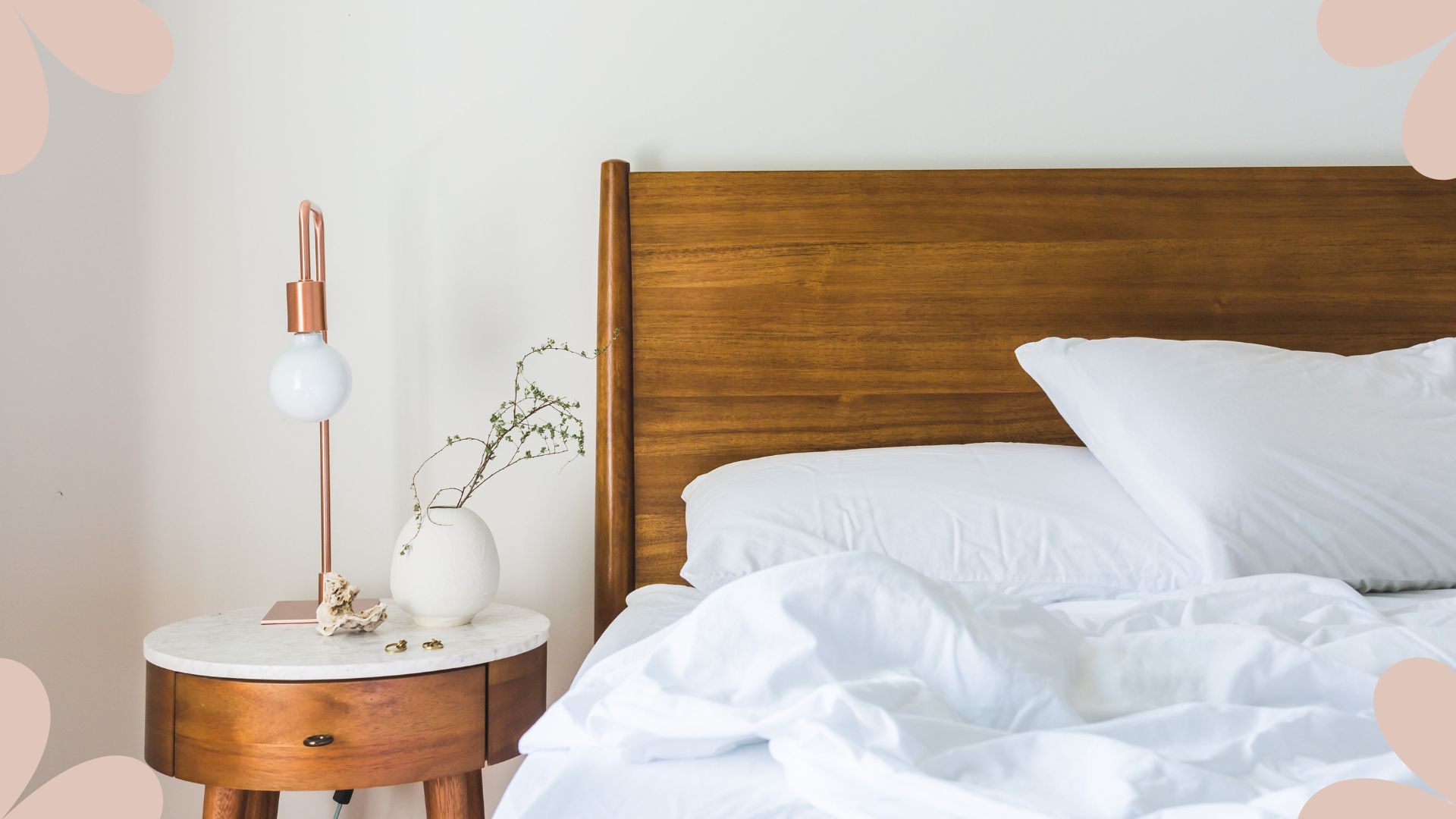
Are you already dreading sleepless nights and itchy eyes? Allergy season is upon us and for many that means tossing and turning with aggravating symptoms. Luckily a sleep expert has revealed her top tips for sleeping like a baby no matter the pollen count.
You might be asking when allergy season starts, with spring finally arriving, the truth is that the pollen count is already rising. Whether you're into your hay fever natural remedies or rely on a daily allergy tablet, knowing how to lessen the symptoms makes life much easier.
Which is why when a sleep expert revealed her top tips for a better night's sleep, allergy-free, we were eager to take note.
5 expert anti-allergy sleep hacks
There's nothing worse than being unable to sleep because of congested allergy symptoms and itchy eyes. Sleep expert at And So To Bed, Dr Lindsay Browning, says, "Congestion caused by allergies can greatly impact the quality of our sleep, which in turn can have a knock-on effect on our physical and mental health."
To tackle these symptoms there are several sleep hygiene tricks to do before bed to help you drift off much easier and stay in a restful slumber.
1. Try keep your head elevated
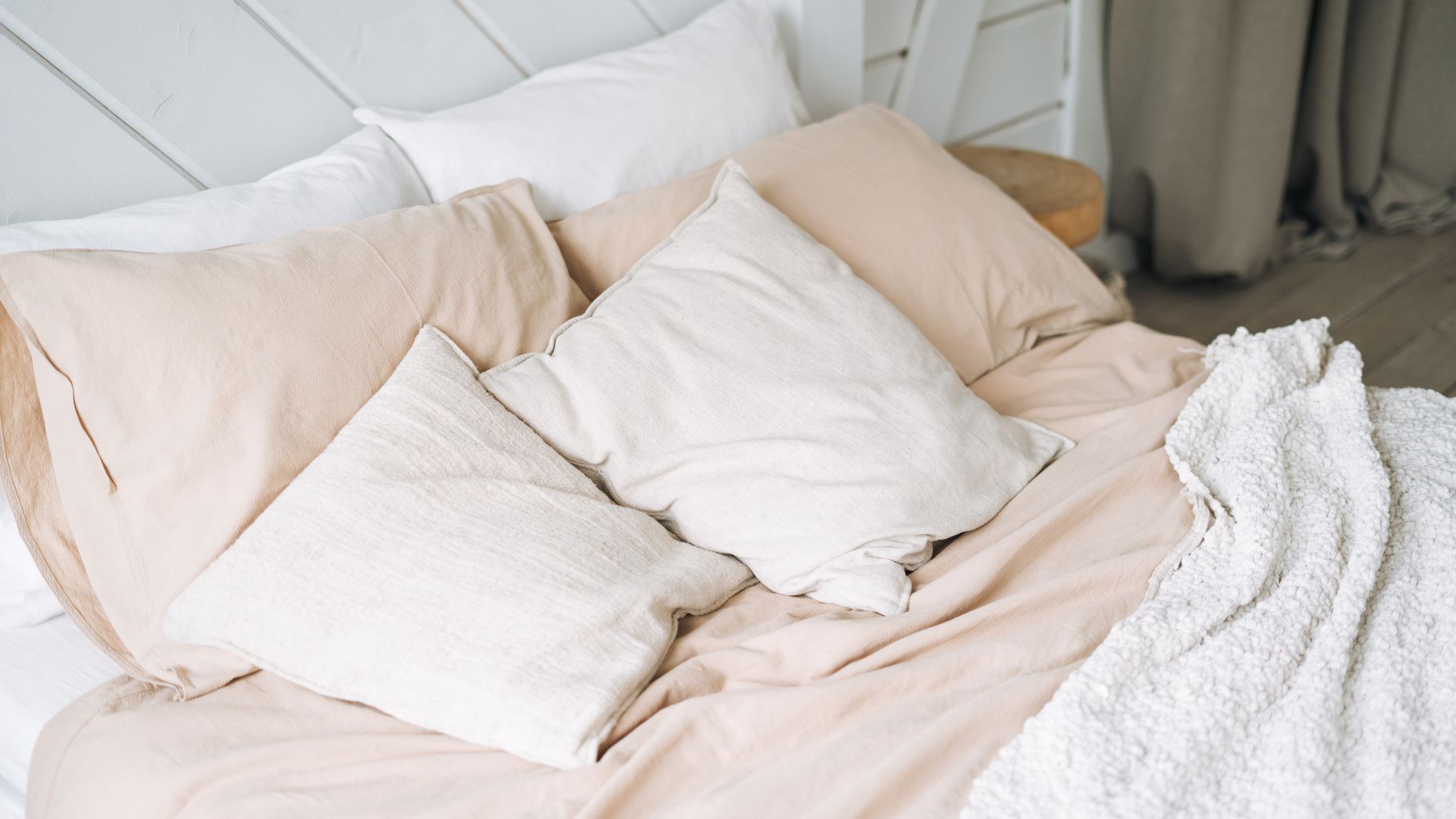
Perhaps a somewhat strange hack, but similar to how you'd try to keep your airways clear when suffering from a cold the same applies to allergies too.
"Symptoms associated with an allergy are usually worse at night. This is because when we lie down, the mucus cannot drain in the same way it would when gravity is helping, leading to disturbed breathing or a cough caused by a post-nasal drip," explains Dr Browning.
This is why she recommends that you aim to keep your head slightly elevated at night if you are suffering, you can do this by propping your head up with an extra pillow (probably not your best thin pillows) and sleeping in a more seated position. She says, "This will bring gravity back into the mix, allowing excess mucus to drain and not pool and lessening the irritation."
2. Make sure your space, bedding and PJs are cleaned regularly
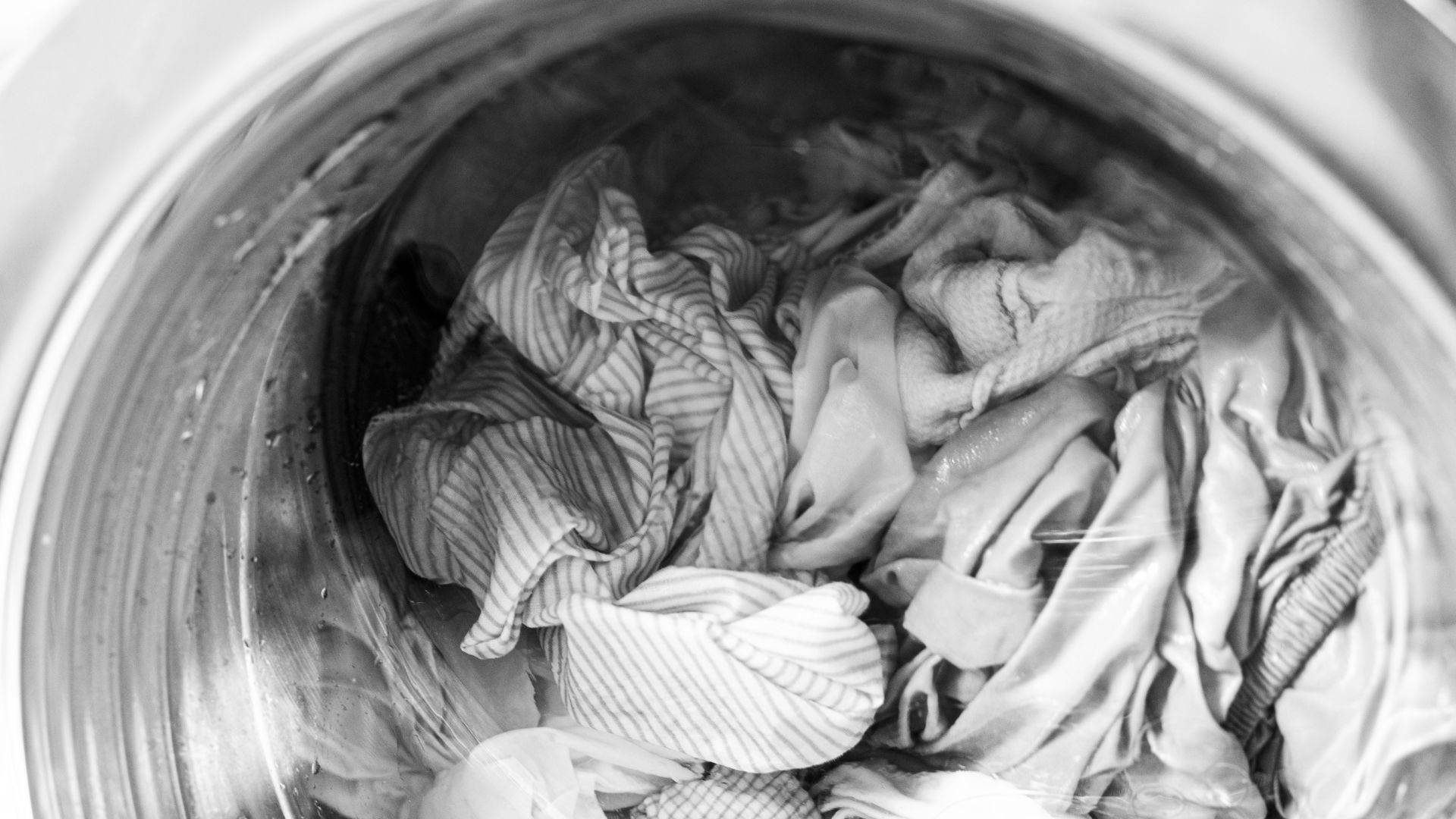
Even when you invest in the best pillows, best duvet and best mattress topper with added allergy protection, your bed can begin to feel stuffy after a week or so of sleeping in it. Unfortunately, your room, bedding and pyjamas can quickly pick up dust and allergens which will build up over time and worsen your symptoms while you sleep.
Dr Browning says it's important to increase how often you vacuum your carpet and avoid wearing any daytime clothes in bed as they will likely hold pollen on them. "Instead, change into your PJs before you get into bed and stay on top of regularly washing your clothes to minimise the risk of bringing pollen in," she explains.
It's also a good idea to stop your pets from being in your bedroom and especially out of your bed. Pet hair and dander can increase allergens in bed which will worsen your hay fever.
Dr Browning also warns about drying any washed night clothes or bedding outside as pollen may blow onto the fabric on which you'll be sleeping.
3. Shower before bed
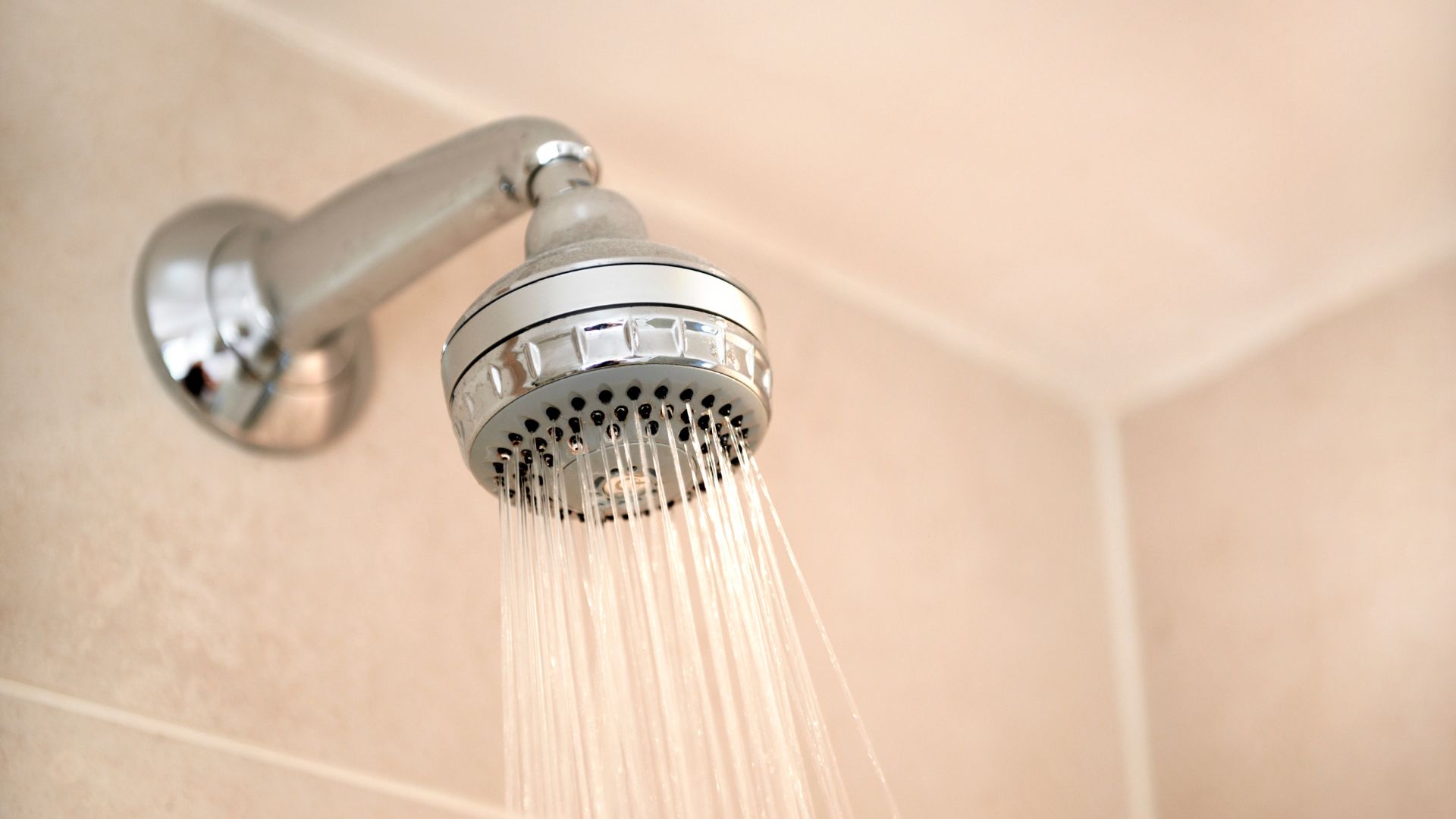
The chances are you do this already, but showering just before bed or before you're about to get into your bed can make a huge difference to your symptoms.
"Taking a shower before bed will wash away any pollen that may have clung to your skin and hair from outside. Instead of transferring this onto your bed linen, make a habit of washing yourself before bed," says Dr Browning.
If you also struggle with how to keep a bedroom cool in the summer, then a cooler shower before bed can also regulate your temperature and avoid overheating while you sleep.
4. Keep your windows closed throughout the day
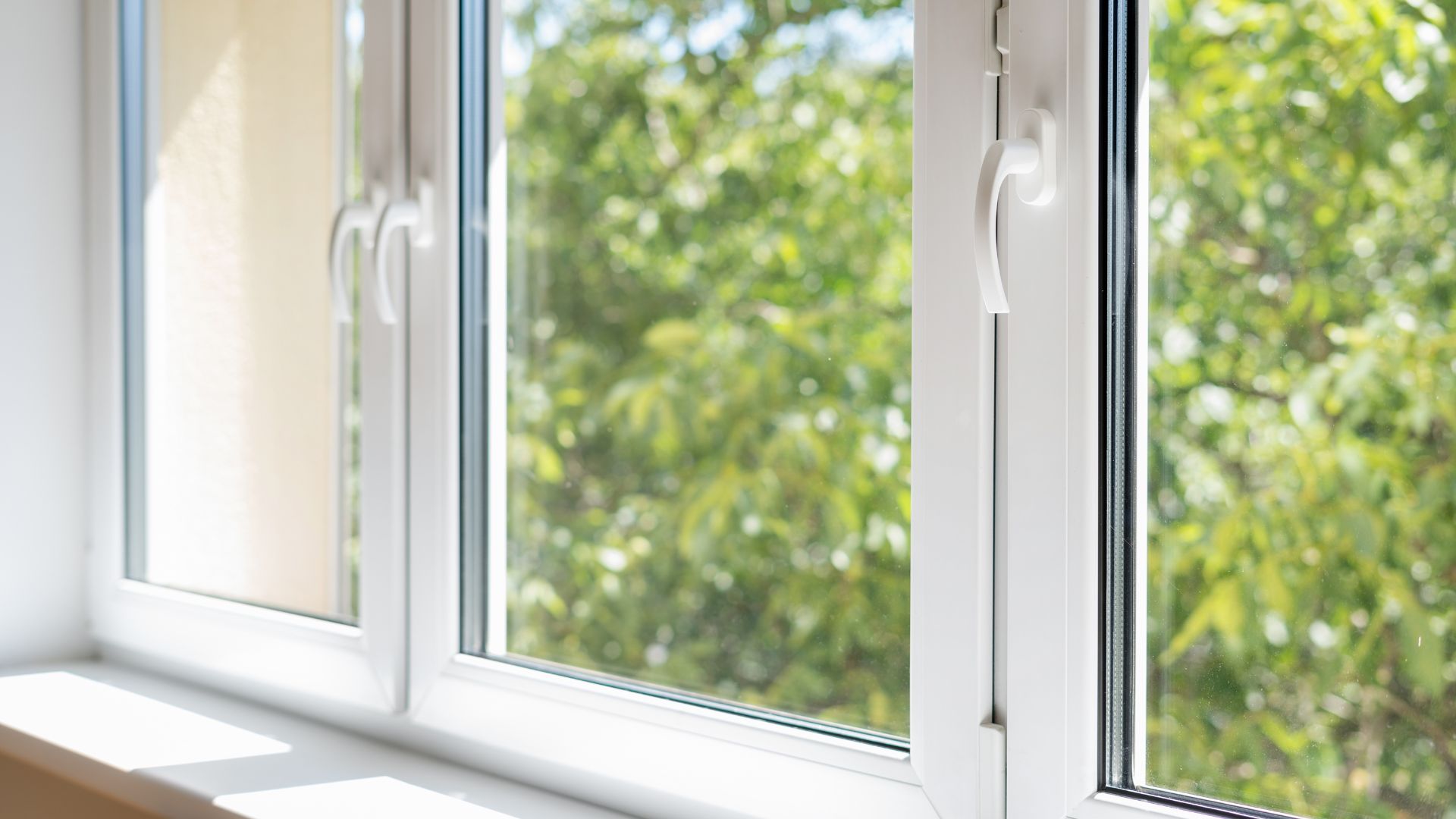
A super simple yet effective hack, keeping your windows closed throughout the day will stop any pollen from entering your home. While you might want to let in some fresh cooler air as the weather warms up, leaving your windows even slightly ajar all day can make your hay fever symptoms play up while you sleep.
Dr Browning explains that having your windows open during the day will allow pollen particles to blow in and settle on your clothes, bedding and other soft furnishing which will all affect your sleeping.
Failing to open your windows, there are other ways to cool down a room without AC, and they'll also stop any pollen getting in too!
5. Buy an air purifier
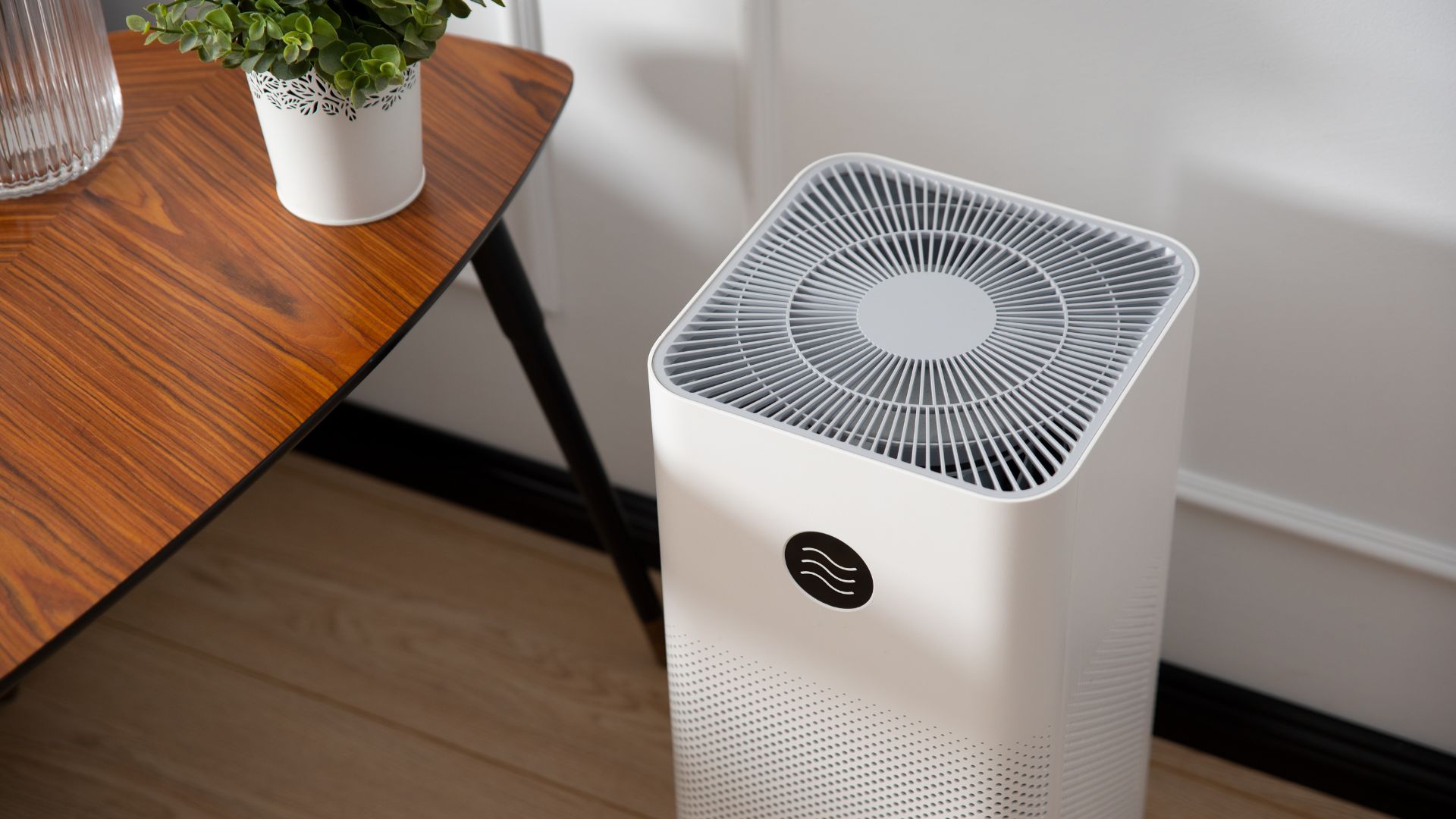
Although you might not have been prepared to invest in one of the best air purifiers, if you truly struggle with allergy symptoms then you'll be thankful you did.
"Investing in an air purifier is useful for those with hay fever as it will remove pollen and dust particles from the air that trigger your symptoms. This can be extremely beneficial for clearing your sinuses, which should allow you to fall asleep quicker and more comfortably as a result," explains Dr Browning.
As well as keeping your bedroom clean and tidy, it's important to keep an eye on your symptoms and speak to a doctor should they worsen or become harder to treat at home.







